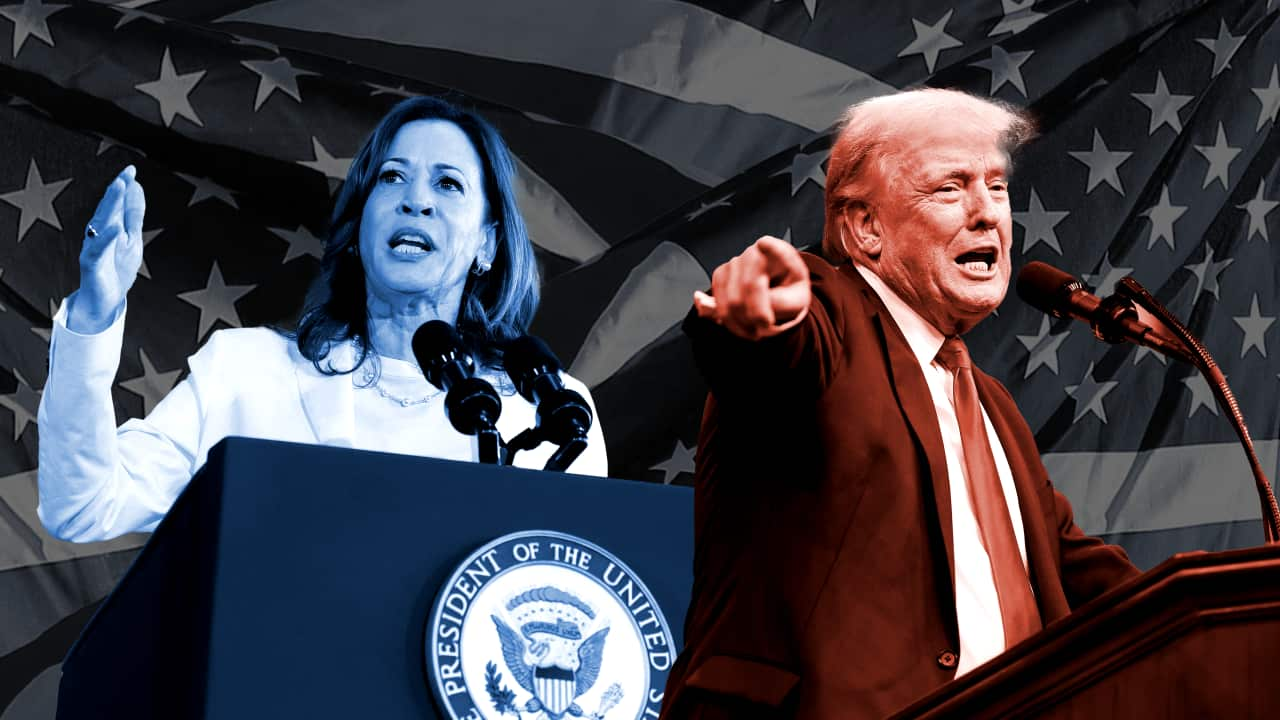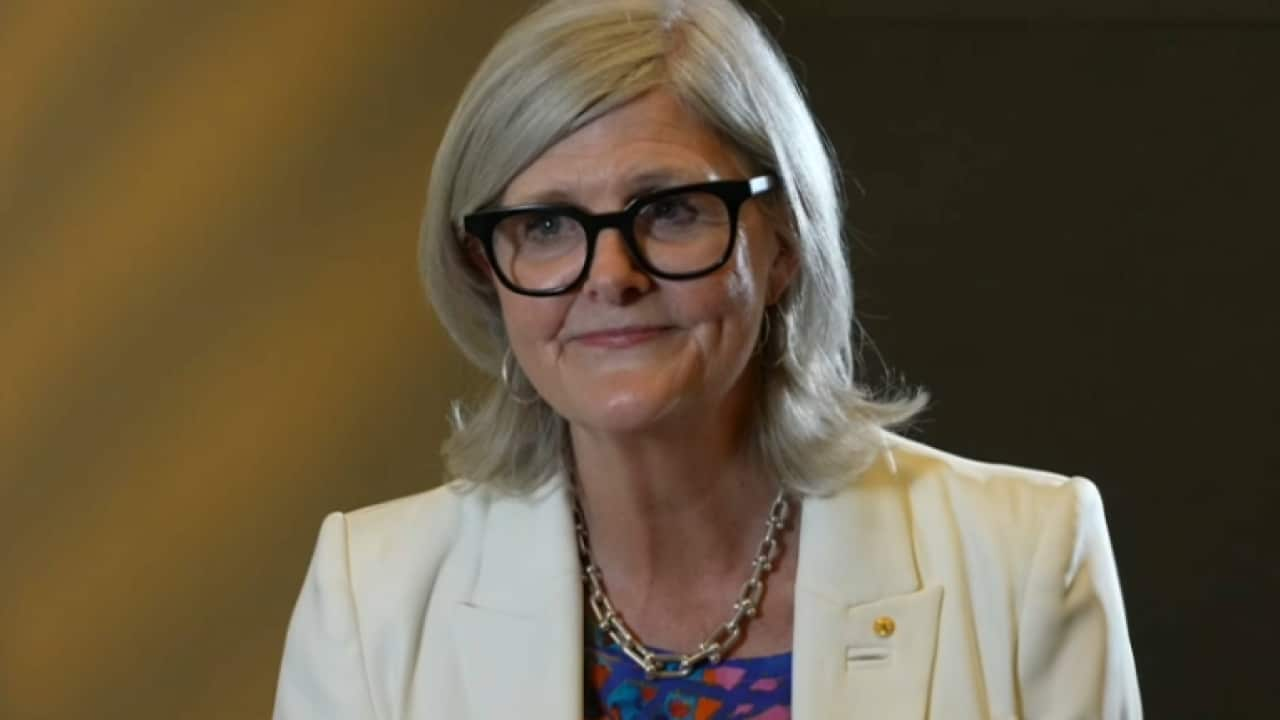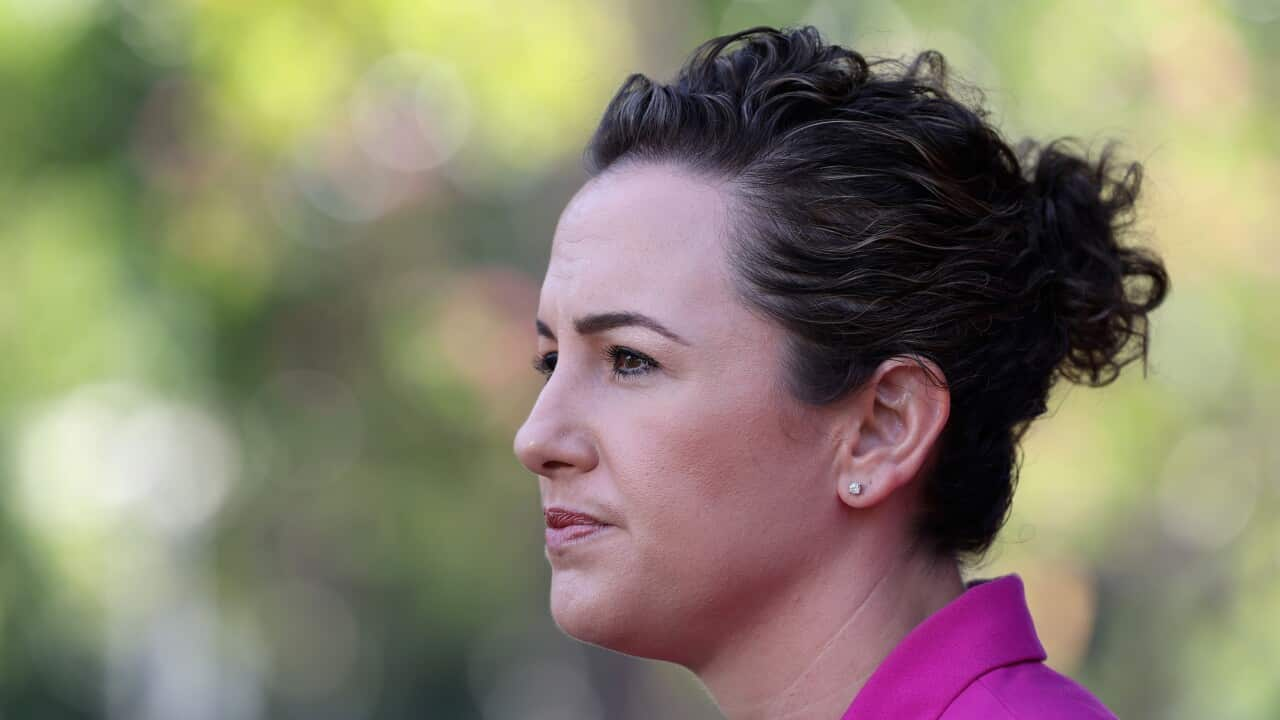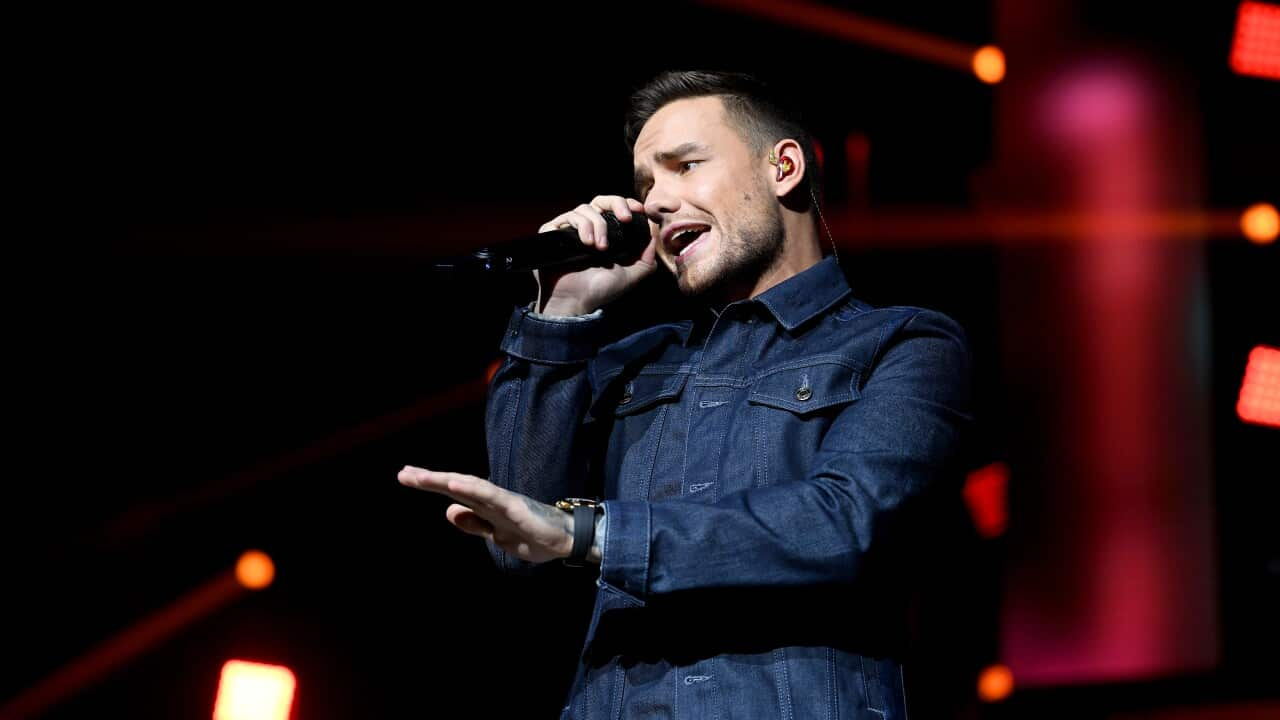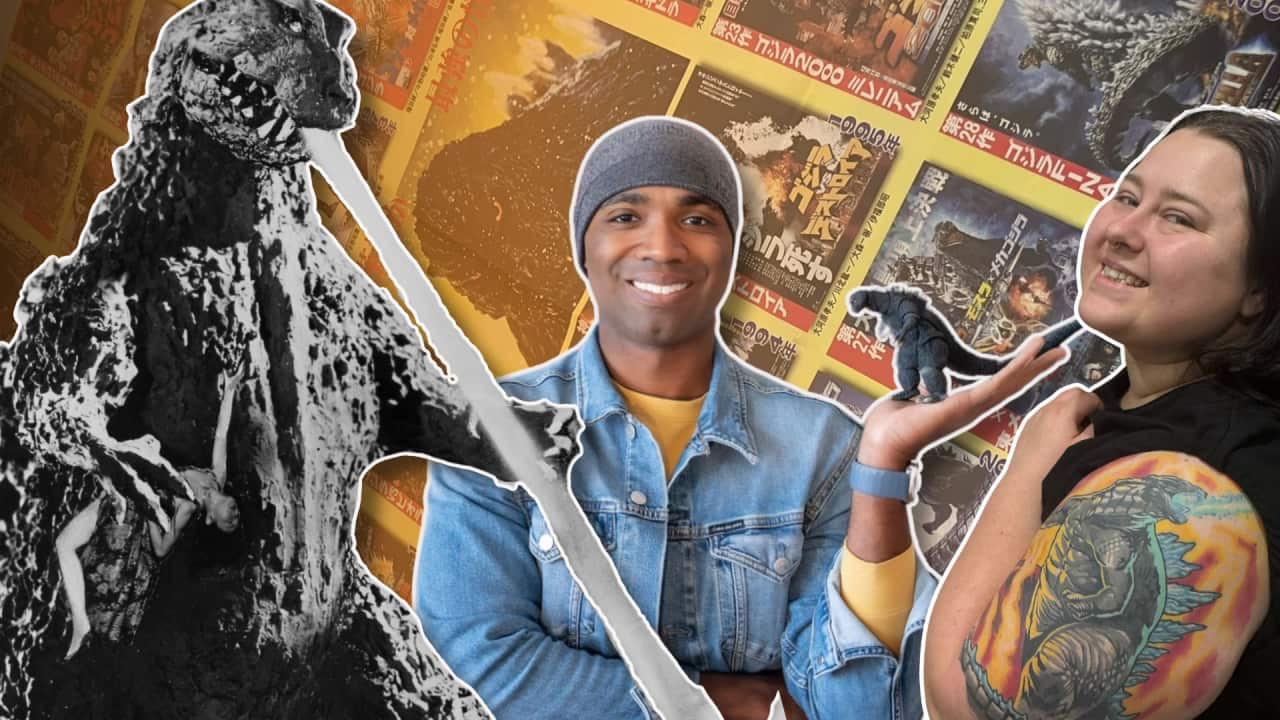At a recent rally in Wisconsin, Republican presidential nominee Donald Trump once again made headlines for his aggressive rhetoric, condemning his Democrat opponent Kamala Harris’ immigration policies.
“But we’re bringing them in at levels we’ve never seen. And we’re doing it by stupid people. Like, she’s a stupid person. Stupid person,” Trump said.
Since he entered politics in 2016, Trump has not shied away from vilifying his political opponents, including his 2016 political rival Hillary Clinton — who he called “crooked Hillary”. He more recently claimed US President Joe Biden “became mentally impaired” but Harris was “born that way”.
Harris’ official campaign account on X has described Trump and his running mate JD Vance as “weird” in numerous posts and on Tuesday Harris told supporters at a campaign rally in Pennsylvania that “Donald Trump is increasingly unstable and unhinged…”
But why is this behaviour more prevalent in US politics compared to Australia?
Becoming ‘desensitised’
Associate professor David Smith from the United States Studies Centre at the University of Sydney said the American public had become desensitised to Trump’s language.
“There is a media backlash, but it’s been going on for so long now that people are desensitised, and he says this so much, there’s only so much time and energy that people can spend on being outraged at these comments,” he said.
“So this is why he gets away with it. He’s also done so many things over the years that are so much worse than just name-calling — that name-calling seems pretty mild compared to inciting a riot or trying to overturn an election.”
Donald Trump is known for using harsh language as a political strategy. Source: AAP / Julia Nikhinson/AP
Smith said while the level of Donald Trump’s vitriol was largely unmatched in politics, there was a greater tendency for that kind of behaviour in US politics.
He said this was due to how intrinsic party identity is to an individual’s overall identity, fostering a deep polarisation in the US.
“There is a real sense in which both sides of American politics feel that the other side is out to destroy the country. And if you feel that the other side is out to destroy the country, you’re not going to have many scruples about what you call people on the other side,” he said.
Racial identity and political attacks
Racial identity has also resurfaced in the lead-up to the US election, with Trump questioning Kamala Harris’ race during an interview at the National Association of Black Journalists conference in July.
“Whatever she wants to be is okay with me … I read where she was not Black … and then I read that she was Black. And that’s okay. Either one was okay with me. That’s up to her,” Trump said.
Smith noted that while personal attacks are not exclusive to Trump or Republican candidates, his hostile behaviour had become a political strategy.
“It’s one of the things that his supporters really like because they believe that politics has failed them so badly that all of the norms of politeness are really just part of this failed establishment,” he said.
“And when people tell him off for insulting his opponents, what they’re trying to do is draw him into this form of politics that they really don’t like, so they see his bad manners as part of the reason why he’s the solution to their problem.”
How the US compares to Australia
In contrast, Australian politics tends to maintain a more civil discourse.
Sarah Cameron, a political scientist at Queensland’s Griffith University, said one of the key differences between Australia and the US is the parliamentary versus presidential system, whereby the leader is selected by the party rather than the voters, which is the case in the US.
“This results in very different types of leaders that we see in the Australian context compared to the American context,” she said.
“In Australia, we tend to see leaders that have been in the political party system for a long time, and as people are very disaffected with political parties, they tend not to be particularly inspired by these leaders.”
Bill Browne, director of the Australia Institute’s Democracy & Accountability Program, said compulsory voting also played a significant role in toning down political exchanges.
“The Australian political system probably encourages better behaviour from MPs through a few different ways because we have compulsory voting, which requires every citizen to turn out,” he said.
“The effect is that elections are won and lost by the ability to appeal to all voters. That distinguishes Australia from other countries, including the States where it can be enough to turn off someone who was going to vote for your opponent and convince them to not vote at all.”
Australia’s preferential voting system means that politicians benefit from not being too alienating, Browne added.
“That’s because while you may not get their first preference, you may well be in line for their second or third or fourth preference, which could make the difference in a close election,” he said.
Rallies and free speech
The nature of mass rallies in the US creates an ideal environment for personal attacks, establishing a very different pre-election atmosphere than in Australia.
The First Amendment, which protects free speech in the US, means politicians have free reign to say what they want at political rallies.
“[Trump] even said at a rally that his advisers were telling him to talk more about policy rather than personal attacks. And he said to the crowd … ‘What would you prefer to hear?’ And they made it very clear that they wanted to hear personal attacks,” Smith said.
Social media has also been a tool for these kinds of attacks, particularly by Trump, who has called Kamala Harris “dumb as a rock” on his own platform Truth Social, among many other insults on various social media platforms.
However, despite the globalisation of social media, Smith said it was unlikely that Australian politics would ever turn in the direction of the US.
He said there were stronger norms around political conduct in Australia, particularly in the regulation of parliamentary discourse, where most of the political conversation is played out between politicians.
Want more politics? You can stream poignant political documentaries in the SBS On Demand ‘Politics and Power’ collection and keep up with daily news bulletins in the .
Stay up to date with the US Election and more with the .



